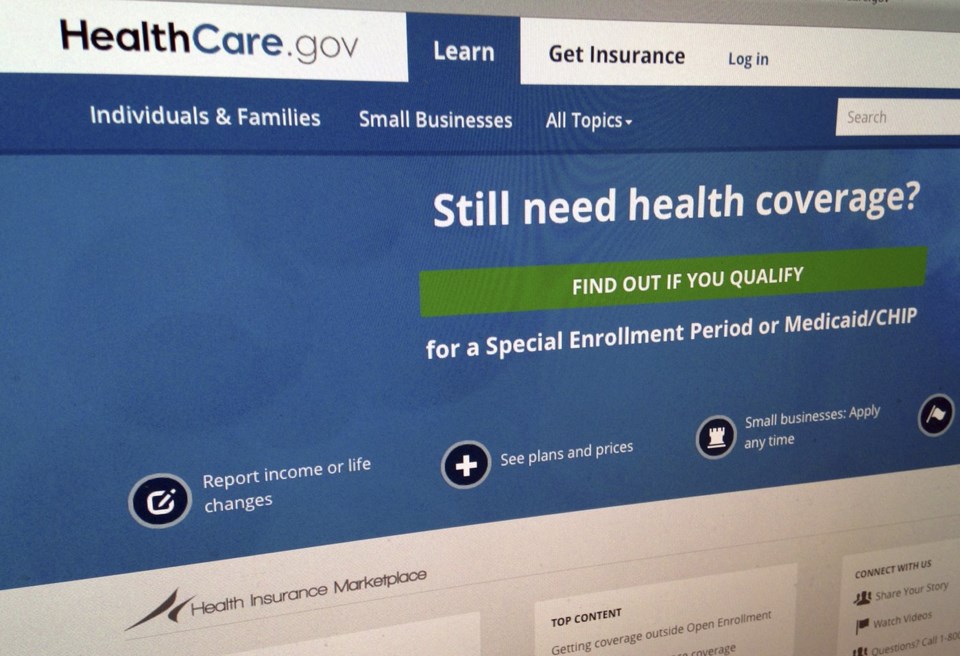NEW ORLEANS (AP) — Employers who challenged some federal health insurance requirements cannot be forced to provide no-cost coverage for certain types of preventive care, including HIV prep and some kinds of cancer screenings, a federal appeals court in New Orleans ruled Friday.
The ruling from the 5th U.S. Circuit Court of Appeals is narrow, applying only to the eight employers who objected to providing the coverage. The conservative court declined to make the ruling apply nationwide.
“While we were predicting the worst, at the moment insurers will still have to cover preventive services, including PrEP, except for the original plaintiffs. That is the good news,” Carl Schmid, executive director of the HIV+Hepatitis Policy Institute, said in an email, referring to a common HIV preventative treatment. But, Schmid lamented that the court found that the coverage requirement for HIV prevention was adopted in violation of the Constitution, and that the case is going back to a lower court for resolution of other issues that could further muddy the coverage issue.
The requirements in question were adopted by federal health officials under provisions of the Affordable Care Act, sometimes referred to as Obamacare. Challengers raised religious and procedural objections to some of the requirements.
U.S. District Judge Reed O’Connor in Texas ruled last year that the requirements violated the Constitution. In it's ruling Friday, a three-judge 5th Circuit panel said the coverage requirements in question were adopted unconstitutionally because they came from a body — the United States Preventive Services Task Force — whose members were not nominated by the president and confirmed by the Senate.
Not all preventive care is threatened by the ruling and attorneys on both sides said that some employers could decide to adopt copays or deductibles that would keep the affected coverages, including HIV preventatives, available, if not free.
An analysis prepared last year by the KFF, a nonprofit, found that some screenings, including mammography and cervical cancer screening, would still be covered without out-of-pocket costs because the task force recommended them before the health care law was enacted in March 2010.
Meanwhile, the opinion left some issues unresolved, including whether coverage can be required that was adopted from recommendations by two other entities, the Public Health Service's Advisory Committee on Immunization Practices, and the Health Resources and Services Administration.
“The bad news is, the court still finds the mandate to cover USPSTF recommended services unconstitutional and now asks the lower court to review both the HRSA and ACIP preventive services,” Schmid said.
The U.S. Department of Health and Human Services did not immediately respond to an emailed request for comment Friday afternoon.
Kevin Mcgill, The Associated Press



